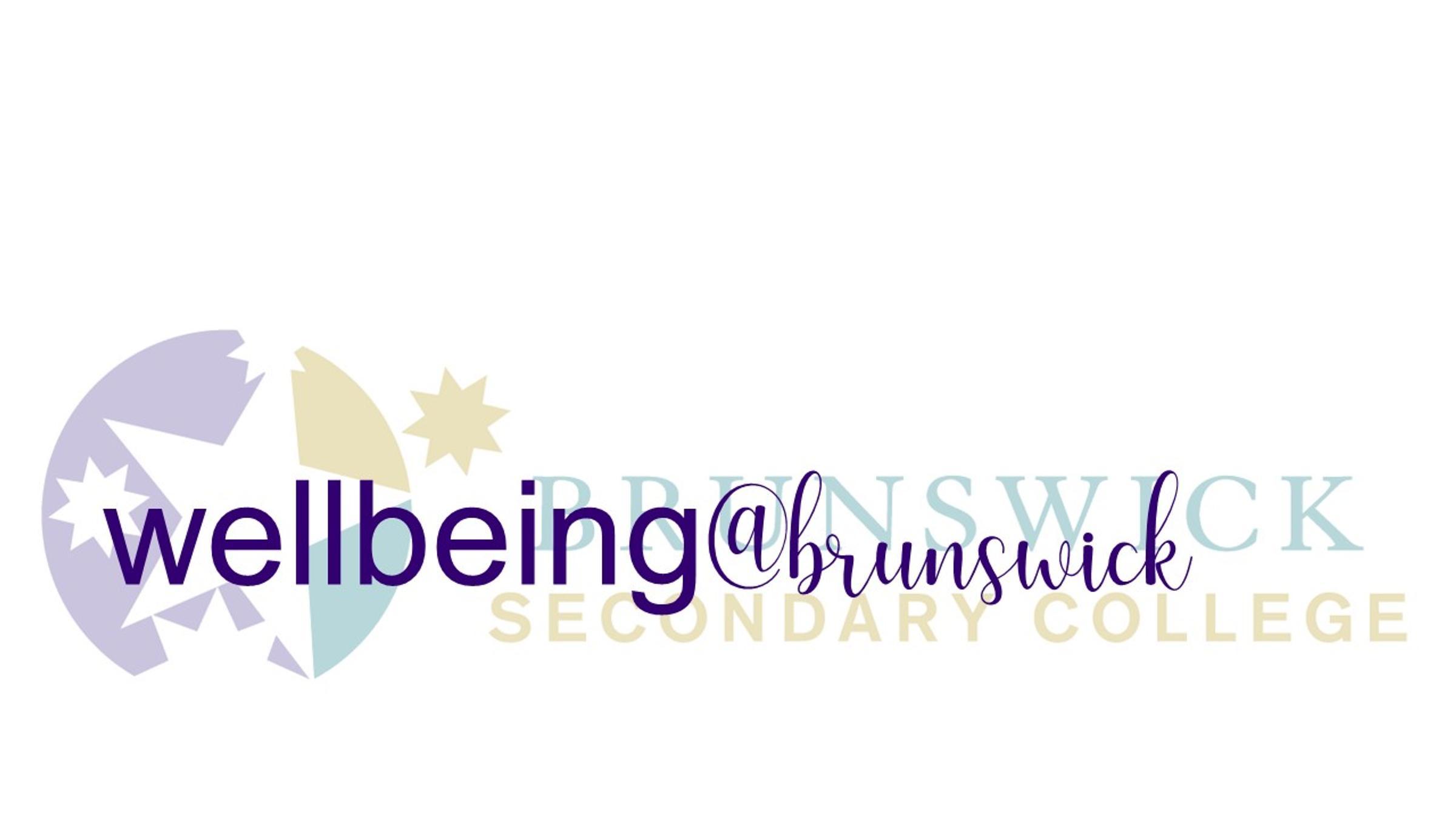The Power of Words

Dan Storer
Wellbeing Support Officer
Words.
They have the power to build people up, confine people to where they are, and break people down.
Choose your words carefully before you utter them to others - but most importantly the words you utter to yourself must be positive. Instil belief and hope within yourself. Anonymous
The benefits of being intentional with your words
Positive self-talk can have a major positive impact on your quality of life. Even the language you choose to engage with when speaking to and about others can affect your overall health. By choosing to intentionally transform negative thoughts into positive points of action, researchers have found you have real power to:
- lower cortisol (Stress Hormone) levels in the body, and in turn, lower overall anxiety
- improve your immune system and reduce risk of illness
- develop better coping skills in tough situations
- increase your overall well being and lifespan
Positive language
- Positive Language strengthens frontal lobe activity in the brain. This is the section of the brain responsible for cognitive reasoning (Yes/No? Should I /Shouldn't I?)
- Stronger cognitive reasoning allows for the effective analysis of information by breaking the information down into smaller, more manageable parts.
- Better understanding of information leads to more active and motivated decision-making. It also promotes flexible, forward thinking.
Negative language
- Negative language inhibits the release of stress management neurochemicals (e.g. dopamine, adrenaline and noradrenaline).
- This causes us to feel more negative stress, anxiety and anger as a result of this neurochemical release.
- Negative language reinforces negative thoughts, or catastrophising spirals. These manifest inside the brain and body as feelings of hopelessness and depression.
How you can change your language to change your perspective?
- Helpful self talk.
Here is where flipping the narrative or reframing can come into play. For example, instead of saying “I can’t do this”, you can say “This is an opportunity for me to learn”.
Instead of saying “It’s all my fault”, you can ask yourself “What is in my power of control, and have I actioned everything I can?”
Instead of saying “Everything is ruined”, you can say “That didn’t go to plan, so what’s the next step?”
- Distance yourself from the problem
Sometimes it’s overwhelming to think of ourselves being directly within a negative or stressful situation. It can cause severe stress which we often then express through negative language.
A great way to consider an issue with more clarity and positivity is to distance yourself from the centre of the problem.
How?
By talking about the problem and your role in it.
A trusted adult/friend or BSC's friendly Wellbeing Staff will always be there to listen.

